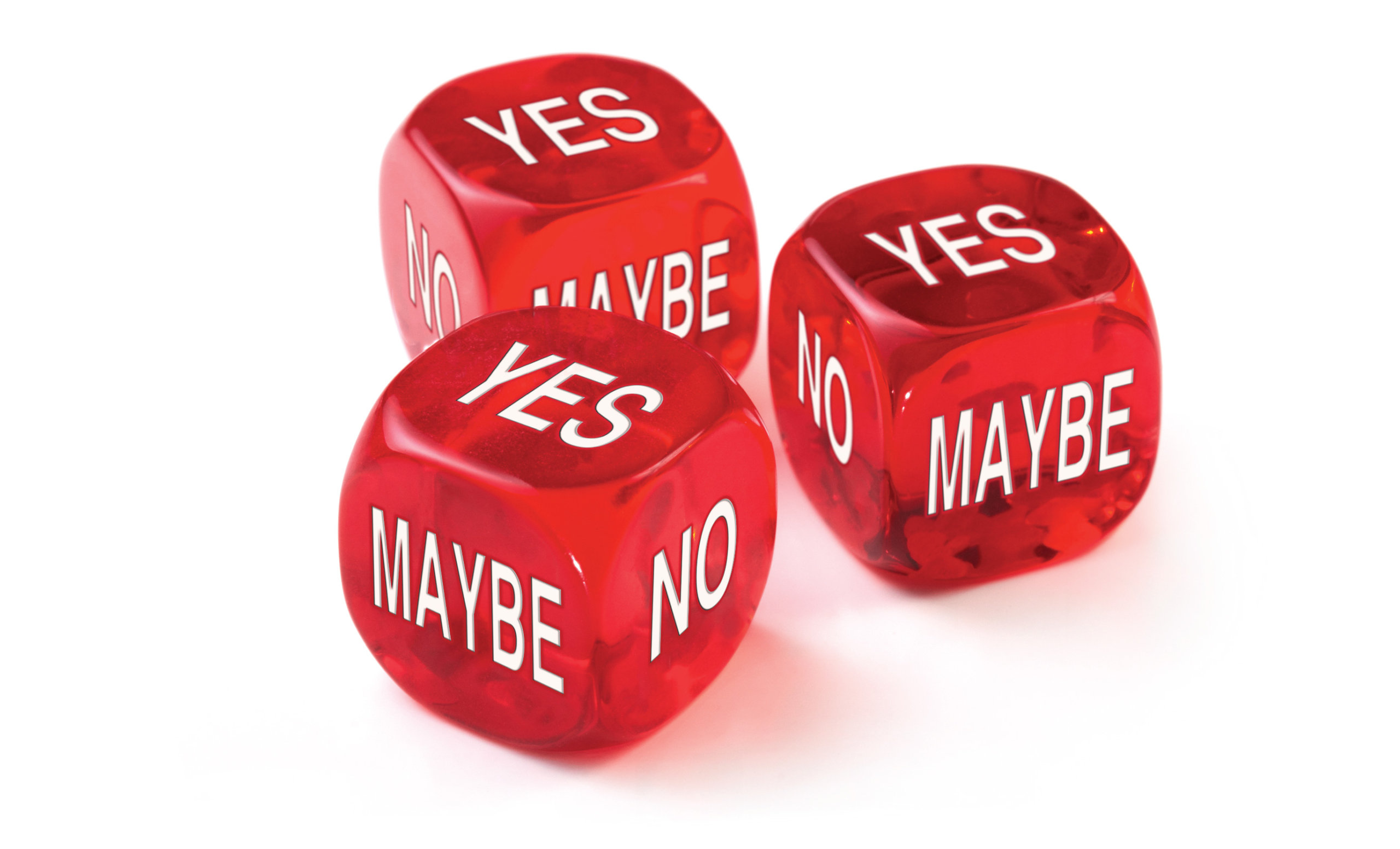The Art Versus Science of Litigation Consulting
By Eric Rudich, Ph.D
Anyone can pontificate how a jury might react to a case. Risk is inherent in all litigation and attorneys, in-house counsel, and insurance professionals are continually evaluating the strengths of their cases and determining whether to settle or proceed to trial. Litigants are also under pressure to reduce their legal costs by making economic decisions on the likelihood of obtaining a favorable verdict and the costs associated with litigating versus settling.
To evaluate the likelihood of winning a specific case, legal professionals typically rely on past experience and the outcome of previous trials in the venue. There are several reasons why these approaches are highly inefficient. First, each case is inherently different and thus relying on previous verdicts may not predict the trial outcome of another matter. Second, factors such as the effectiveness of witnesses and the jury composition are unique to each case which will also impact jurors’ verdict decisions. Last, jurors’ attitudes about issues such as corporate conduct, personal responsibility, and damages are continually changing and thus, how juries decide cases may differ over time. Accordingly, litigants may spend too much money on cases that they should have settled earlier before undergoing an extensive and costly discovery process.

The value of conducting jury research is to use social science methods to determine scientifically how a jury will react to a case. Rather than speculating about what a jury might do, jury research provides critical information about the strength of one’s case and how jurors will react to the case facts, key themes and storylines. While many litigation professionals believe that jury research should be used to prepare for an upcoming trial, it is also effectively used at early stages of litigation to determine litigation risk before undergoing an extensive and costly discovery process. Moreover, attorneys may use the jury research results to focus their discovery and witness questioning on addressing potential issues. Importantly, using jury research helps legal professionals to evaluate their cases more accurately and to reduce their litigation costs by determining whether to settle and by not overspending on settlements.



